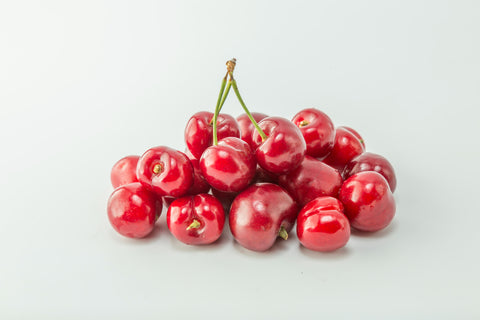A nosebleed can definitely be disturbing and leave us wondering about the cause. Nosebleeds usually do not indicate a serious health problem but they are not pleasant so knowing possible causes and how to prevent them or get them under control can be very helpful.
POSSIBLE KEY CAUSES
- Deficiency of vitamin K. Vitamin K is a group of fat-soluble vitamins that the human body requires for synthesis of certain proteins needed for blood coagulation. Without sufficient intake of vitamin K, blood coagulation is seriously impaired, and uncontrolled bleeding occurs.
- Deficiency of vitamin C. Vitamin C prevents scurvy which causes excessive bleeding from gums and nose. Vitamin C is also important for strengthening blood vessels, including those found inside the nose. When they are week they can burst and cause nose bleeds.
- Dry air. When your nasal membranes dry out, they’re more susceptible to damage and bleeding.
- Low platelet count may be the cause of frequent nosebleeds, bruises and trouble stopping cuts from bleeding. Folate (Vitamin B9) deficiency can cause low platelet count. Other causes of low platelet count may include deficiency of Vitamin B12, D3, K2, lifestyle factors, leukaemia, autoimmune conditions, and drinking alcohol (alcohol slows the production of platelets).
- Weakness of the smallest blood vessels (capillaries). The lining of your nose contains many tiny blood vessels that lie close to the surface and are easily damaged by chronic high blood sugar levels, and deficiency of rutin, bioflavonoids, vitamin C and other nutrients.
- Anticoagulant (blood-thinning) medications, aspirin, and nonsteroidal anti-inflammatory drugs (NSAIDS) used to treat pain can cause or contribute to nosebleeds.
OTHER CAUSES: Sinusitis, flu and common cold; Allergies; Haemophilia (and other bleeding disorders); Using nasal sprays; Nose picking; Frequent nose-blowing can also irritate the weak and inflamed lining of the nose, resulting in a nosebleed.
BENEFICIAL NUTRITIONAL SUPPLEMENTS
- One of the most important nutrients to treat nose bleeding is vitamin K: Take 100-200 mcg of vitamin K complex (K1 and K2) daily.
- Vitamin C: Take at least 500mg twice daily with meals. If your stomach is sensitive take calcium ascorbate instead of ascorbic acid.
- Bioflavonoids strengthen capillary walls and reduce their permeability. They also promote elasticity of capillaries and prevent damaging effect of free radicals. Herbs containing large concentrations of flavonoids include ginkgo biloba or bilberry. Also citrus fruits (especially the white inner part of the skin) are rich in bioflavonoids. However, proper supplementation of 500mg daily usually gives much better results.
- Rutin: 500mg 1 or 2 times daily. Rutin (vitamin P) is one of the most important vitamins for the capillary health. Also silica from bamboo extract may improve the strength of your nasal capillaries.
- Horse Chestnut (Aesculus hippocastanum) has been known to help reduce permeability of capillary walls and strengthen them by producing aescin, a compound which seals the leaks in capillary walls.
- Vitamin B12: 1000-2000 mcg daily after breakfast. Vitamin B12 deficiency is thought to be one of the most common nutritional deficiencies in the world. Its deficiency can contribute to low platelet count, neurological damage and weakness of capillaries thus contributing to nosebleeds.
- Make sure your daily intake of folate (vitamin B9) from leafy greens and beans, or supplements, is sufficient as its deficiency can cause low platelet counts and nosebleeds. The recommended daily intake for folate is 200mcg. L-methylfolate (Bio-folate) is better form of supplemental vitamin B9 than folic acid.
- Vitamin D3 (5,000 IU per day) plays important role in the function of hematopoietic stem cells in bone marrow that produce platelets. You also must take supplemental magnesium (200mg twice daily) as vitamin D leads to magnesium deficiency as it uses it for its own conversion in kidneys.
OTHER RECOMMENDATIONS
- Use air humidifier at home.
- Drink 3 glasses of properly filtered or distilled water (with a pinch of sea salt) 3 times a day between meals.
- Often apply some raw organic coconut oil, propolis cream, comfrey cream, aloe vera gel, or vitamin E oil inside your nose.
- Decrease or eliminate alcohol, sugar, white flour products, white rice, and caffeine. Increase consumption, of leafy greens, raw vegetable salads (with humus), legumes, whole grains (especially cooked buckwheat), citrus fruits, and berries.
Any information or product suggested on this website is not intended to diagnose, treat, cure or prevent any medical condition. Never disregard medical advice or delay in seeking it because of something you have read on this website. Consult your primary healthcare physician before using any supplements or making any changes to your regime.




